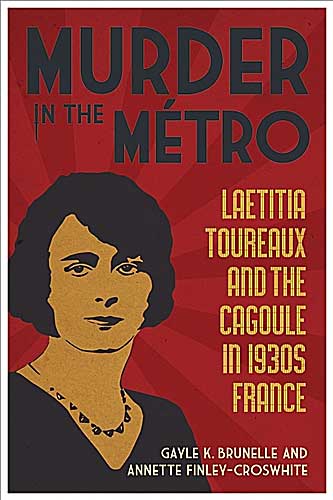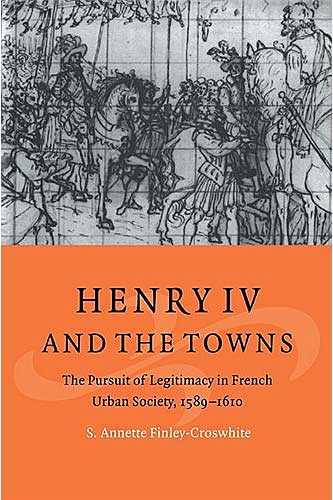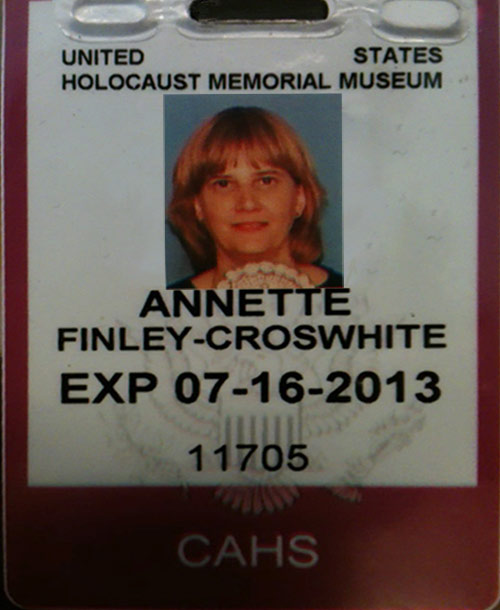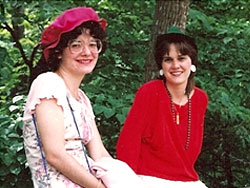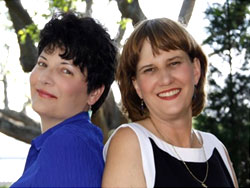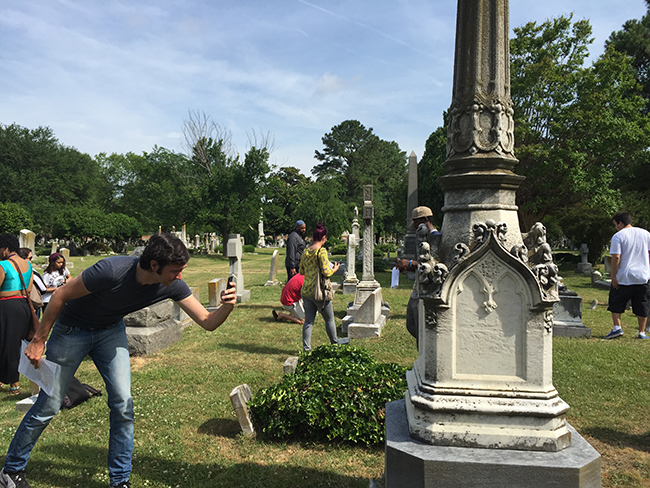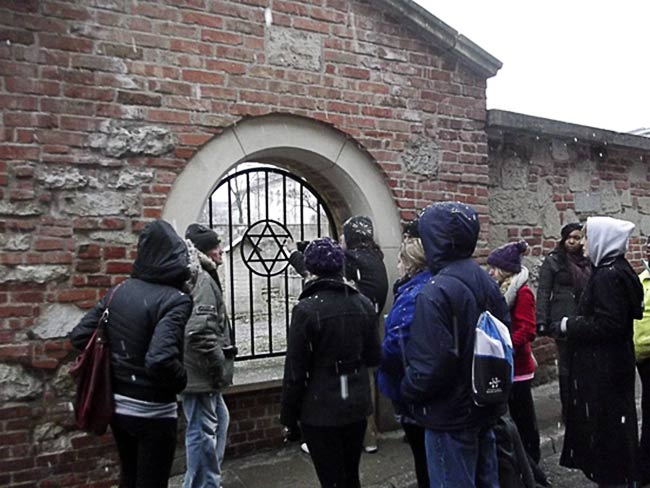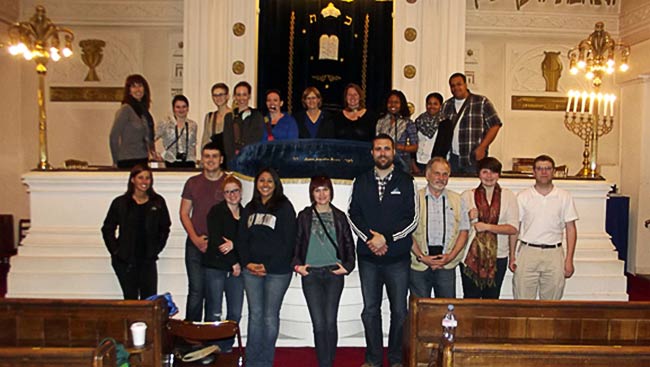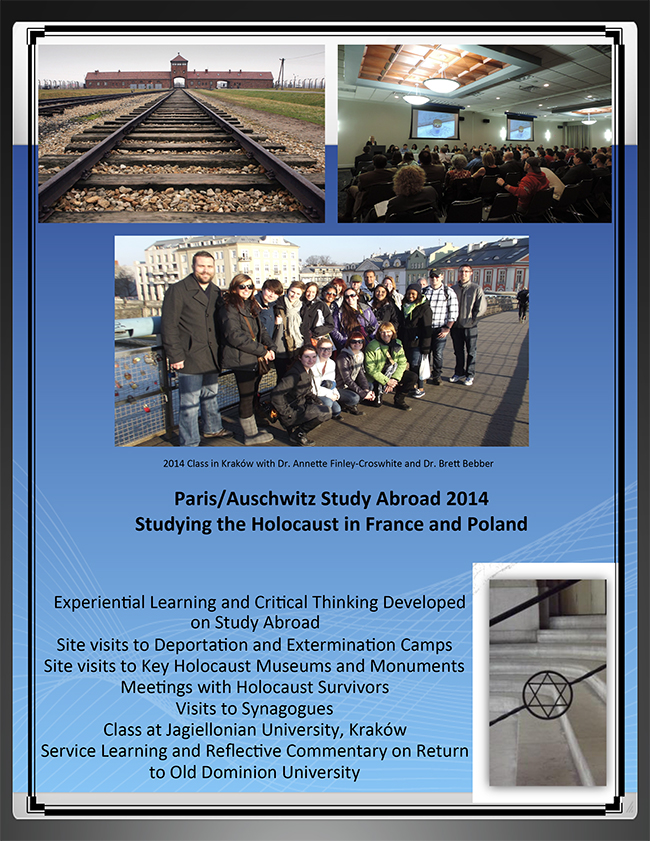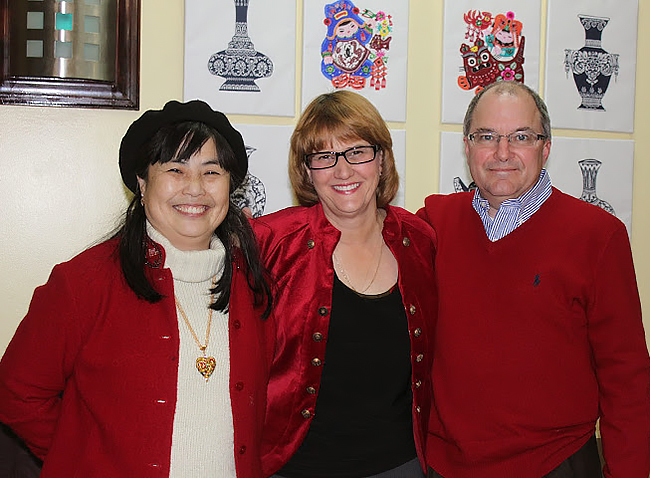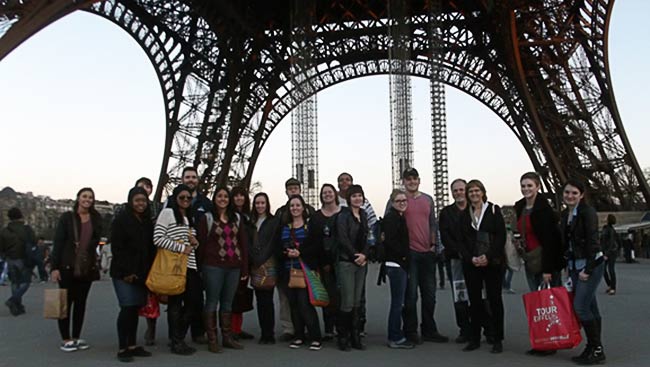|
|||||||||||||||||||||||||||||||||||||||||||||||||||||||||||||||||||||||||||||
|---|---|---|---|---|---|---|---|---|---|---|---|---|---|---|---|---|---|---|---|---|---|---|---|---|---|---|---|---|---|---|---|---|---|---|---|---|---|---|---|---|---|---|---|---|---|---|---|---|---|---|---|---|---|---|---|---|---|---|---|---|---|---|---|---|---|---|---|---|---|---|---|---|---|---|---|---|---|
I was trained at Emory University in European history. I pursued my dissertation in the field of early modern Europe with an emphasis on the French Wars of Religion, 1562-1598. I took my doctoral exams in both early modern and modern European history and thus at Old Dominion University I am able to offer courses in a variety of sub-disciplinary fields. My courses in early modern Europe include Renaissance Studies and the History of the Protestant Reformations with a particular focus on religious violence inclusive of a course on the History of Religious Toleration. My interest in medical history led to the development of the very popular “History of Medicine, Disease and Health Technology. My interest in world and maritime history caused me to develop “France and the Sea” and my current research in modern French history caused me to devise “Vichy and the French Holocaust (Shoah),” “Holocaust and Film,” “Holocaust Historiography,” and a Study Abroad course called “Paris/Auschiwitz” that takes students to France and Poland to explore the history of Jews deported from France to Auschwitz. Most of the course descriptions for my classes are listed below. I also teach the History Department’s “Historical Methods” class that prepares students for success as a history major, and I teach the capstone course for the major. My course offerings include graduate classes in Reformation, Medical, Maritime, and Holocaust history. History, Training and TeachingI love collecting quotes about history. Dutch historian Pieter Geyl once wrote, “Imagination plays too important a role in the writing of history, and what is imagination but the projection of the author’s personality.” For me, like Geyl, history began in my imagination, and I have never ceased trying to “imagine” whatever aspect of the past I am thinking about at any given moment. As a professional historian, in the 1990s I enjoyed engaging in the post-modern challenge to traditional, empirical history while remaining an archival-intensive researcher, an “archives rat” as my fellow historians would say. Later I took great interest in narrative and began producing history that is written in a way to appeal to large audiences. To me, history is a cultural practice, and I believe any historian’s work is as much about the historian and his or her specific moment in time as it is about a past that we can never fully capture in a fleeting present. The pursuit of that past, however, has not only charged my imagination but inspired all my creativity. I am fascinated by the past, seduced by its charm and majesty, overwhelmed by its terror and malevolence. Teaching fulfills my need to convey history’s importance to generations of students. The excitement generated inside a classroom is constantly a rewarding experience. I realize not all students comprehend history’s usefulness, and some have to be convinced that history is so much more than studying things forgotten! I fully believe that teaching historical literacy to students helps them understand how to interpret a document, question an argument, and write a defense. Historical literary then provides them with methodological strategies that will improve their critical thinking skills and help them apply historical causation to myriad situations throughout their lives. Ultimately, I think studying history is also fun, and I convey that in the classroom. I particularly enjoy working more intensively with graduate students. I have directed several M.A. theses and served on numerous thesis and exam committees. Several of my former students have gone on for Ph.D. degrees and are now in graduate school or in tenured positions or tenure-track jobs. Two of my former thesis students won Fulbright Fellowships, one served in the Foreign Service in Germany, one works with the FBI and others have gone on to teaching, research, and public history positions. Because my scholarship is interdisciplinary I frequently work with students pursuing degrees outside of history, and as a result I have helped students get into graduate programs in a variety of fields, most particularly medicine and public health. For many years I left full-time teaching and pursued administrative work. I was Associate Dean for Research and Graduate Studies from 2001-2006 and helped to facilitate the approval by the State Council of Higher Education in Virginia of the Ph.D. in English and the Ph.D. in Criminal Justice offered in the College of Arts and Letters. I also oversaw all the graduate assistantships in the College and particularly enjoyed interacting with graduate students. From 2006-2010 I was Chair of History and spearheaded the development of a “maritime focus” for the department and the expansion of the curriculum to represent a more global dynamic. Ultimately, I missed teaching very much and opted to return to the faculty full-time in 2010 after ten years in four different administrative posts. From 2009-2014 I was involved with the “Teacher Immersion Residency” project in the Darden College of Education designed to improve high-needs secondary schools by developing highly qualified teachers with intensive graduate training. In this instance we worked with the Norfolk and Portsmouth school divisions. (Email: TeacherImmersionResidency@odu.edu). We were funded with a $6 million grant from the Department of Education, and the project was a great success.
In 2011 I realized we had no Holocaust courses in the Department of History at ODU and so I applied to the United States Holocaust Memorial Museum’s Center for Advanced Holocaust Studies for funding. I won an invitation to participate (by selection) in the Curt C. and Else Silberman Seminar for Faculty at the United States Holocaust Memorial Museum (USHMM) in 2011. The course was entitled “Teaching the Holocaust: An Integrated Approach.” The next summer I won a Silberman Follow-up Grant to work at the USHMM’s Center for Advanced Holocaust Studies on both research and course development. These awards significantly changed the direction of my teaching and scholarship and allowed me to expand my focus on religious violence. I have now developed numerous Holocaust courses at ODU inclusive of the aforementioned Study Abroad. The Study Abroad class deserves special emphasis. Study Abroad courses focused on the Holocaust are quite rare. Mine explore the experience of Jews in France. We begin with an exploration of pre-war French Jewry by visiting synagogues and sites of Jewish cultural life in Paris. Next, we take a trip to Drancy, the site of the horrific French deportation camp that served as the “antechamber” to Auschwitz. We also visit the Mémorial de la Shoah and the compelling “Wall of Names” where the names of Jews deported from France during the Holocaust are inscribed. From there we journey to Kraków to compare the French and Polish Jewish experience and memory of the Holocaust. We visit the Plaszów labor camp made famous in Steven Spielberg’s Schindler’s List as well as Auschwitz-Birkenau, the largest concentration/death camp built by the Nazis during World War II. As part of the Holocaust Study Abroad I also have students grapple with ethical issues tied to human atrocity as they stand on landscapes of terror. I want them to understand the nature of the word “bystander” with all its ambiguities and commit themselves to greater ethical input in the human experience. On return from Poland I have the students participate in a post-trip reception on campus in which they offer their reflections on the trip and what they learned. We also go to local synagogues to offer a similar program. The reflection pieces from the 2014 trip are published in OUR JOURNAL: Old Dominion University’s Undergraduate Research Journal, Issue 2, Memory and Reflection (2014). For more on my Study Abroad courses see:
In 2014 I was made a Faculty Fellow of the Auschwitz Jewish Center in Oświęcim, Poland in affiliation with the Museum of Jewish Heritage in New York City. In the summer of 2015 I had the privilege of accompanying nine Graduate Student Fellows and three other Faculty Fellows to Poland to study the Holocaust. The Fellows represented a variety of disciplines and nationalities and while based in Oświęcim (the city of Auschwitz) we travelled throughout the country visiting sites of Holocaust atrocity and memory. The program also connected us to people and organizations working to revive Jewish religion and culture in Poland today. Thanks to the AJC Program I was also able to pursue research in France and Poland.
ScholarshipAs a scholar I fancy myself an expert researcher, an historical detective of sorts. I’m happiest in the archives getting my hands dirty in the remnants of paper and artifacts that have lingered from the past. I would like to believe that my research skills are so thorough that I track down all available sources on any research project to the best of my ability. Well, at least I try. I’m particularly talented at checking and cross-referencing documents. I have published two books, many articles, and I have won prestigious grants such as the National Endowment for the Humanities Fellowship for College and Teachers. I have more projects in the works. The first book entitled Henry IV and the Towns: The Pursuit of Legitimacy in French Urban Society, 1589-1610 (Cambridge University Press, 1999, 2006) deals with the French monarch, Henry IV and his attempts to establish himself as king over a country in which the inhabitants of most urban centers questioned or rejected the legitimacy of his rule in 1589. The book also explores how he settled over thirty years of religious warfare and engages in the revisionist debate on the application of “absolutism.” Scholars gave Henry IV and the Towns excellent reviews, and the book is still considered a “must-read” for anyone in the field. My focus on sixteenth-century Europe has always been directed at the issue of religious violence, and most of my published articles explore this issue from a variety of perspectives including the gendered experience of religious violence. Christianity has been a violent religion from its earliest beginnings. This drive for exclusion has manifested itself throughout time in the massacre of those deemed not Christian. In the Middle Ages this was often directed at Jews, Muslims and heretics. By the sixteenth century Catholics and Protestants slaughtered each other as their leaders fought over different interpretations of salvation. Christianity has an empowering message of peace and social justice, but in the hands of zealots it has been a dark force in history that has stimulated unspeakable violence. In the sixteenth century Christians mutilated, raped, and killed each other in the name of their religion. I examine the ramifications of this duel message of peace/violence that religion inspired and the philosophical search for understanding what Enlightenment thinkers called “toleration.” Anti-Judaism is an undeniable part of Christian history with serious ramifications for Jewish communities in the pre-modern and modern worlds. Anti-Jewish sentiment played a key role in the Holocaust as well, especially mixed with more toxic antisemitic beliefs. My work also explores the rise of religious co-existence and key thinkers and individuals who denounced exclusionary practices and beliefs and promoted interfaith understanding. In the twentieth century these people were often “rescuers” who rejected exclusionary practices and worked to save Jews during the Holocaust. My scholarly interest in the Holocaust is an evolution of my life-long focus on the history of religion, religiosities, religious violence, and coexistence. My second book was written with my colleague and now writing-partner, Dr. Gayle K. Brunelle. We met in graduate school and after we were tenured we decided to write history together. In 2010 we published Murder in the Métro: Laetitia Toureaux and the Cagoule in 1930s France with Louisiana State University Press about the first murder to have occurred in the Paris metro in 1937. We use Toureaux and her murder to investigate further her connection as a spy to the right-wing terrorist organization the Comité Secret de Action Réolutionnaire or “Cagoule” meaning “hooded ones” or “the hood” and we expose their fascist goals to overthrow the French Third Republic. Murder... was an amazing success. It was voted a “favorite book” of 2010 by the prestigious history magazine, History Today and was reissued in paperback in 2012. Dr. Brunelle and I currently have two new books in the works that follow the Cagoule through World War II. In 1940 the Cagoule re-emerged as the MSR or Mouvement Social Révolutionnaire, the first collaborationist group founded in France during the war. MSR crimes were extensive as they provided key services to the Germans with regard to French antisemitism, terrorism, and the
actualization of the Holocaust in France. Our two new book projects are entitled Vengeance: Vichy and the Assassination of Marx Dormoy and Betrayal: Bombing Synagogues on the Streets of Paris, Igniting the French Holocaust (Shoah). For more on these projects visit our official author website at:
I also have a project in the works of a very personal nature. I am writing about the life of Esther Fersztenfeld and contextualizing her story in the history of the French Shoah. Esther was fifteen years old when she was arrested at her home on July 16, 1942 as part of the notorious Vélodrome d’Hiver roundup in Paris. The Vichy state interned her and her parents in two different camps in France before deporting them to Auschwitz where they all died. Esther was a French citizen, however, born to Polish immigrant parents who came to France in 1917. The book has two trajectories. On the scholarly side it grapples with the French myth that France sacrificed its foreign Jews in the Holocaust to protect its French Jews and uses this often-stated idea to explore French memory of the Holocaust. On the personal side this book also explores my life as an historian and my relationship to Esther, whom I found had lived in the same building in Paris I came to inhabit forty-three years later while I was a graduate student. The research has taken me all over France and to Będzin in Poland where Esther’s parents were born. It has also connected me to London and Jerusalem and the descendants of her sister who survived the war. The book is entitled Esther’s Shadow: French Memory of the Shoah and Why it Matters.
Most historians tend to write monographs as single-authored works, but Dr. Brunelle and I have found that collaboration is fulfilling and allows us to become even better writers. We compliment each other in terms of skills. Gayle and I met in graduate school where we began as rivals and ended up as life-long friends. We were Dr. J. Russell Major’s last two graduate students before he died in 1998. We’ve been all over France together in pursuit of archives (and tourism) and I suppose one day we might even write a travel book together recounting our escapades. The pictures below show us in 1983 as graduate students and in 2011 as collaborating authors and writing partners.
Courses offered at Old Dominion UniversityMy personal research certainly fuels my curricular development. I bring my research on religious violence, the French-Atlantic, French fascism and/or the Holocaust into my classrooms drawing students into my own work. Below are course descriptions from some (but not all) of my classes. History 102: Interpreting the European Past This course is a fast paced survey of European history from the ancient Greeks to the present day. The objective of the course is to focus heavily on the European experience and to examine from time to time European interaction with the rest of the world, especially in the modern period. In addition to studying the major political, economic, artistic, and intellectual achievements of past ages, we will also examine important social factors and their evolution as well as highlight the roles of women and minorities in history. The teaching format will include lecture and much class discussion. The instructor always injects a special focus on violence in history with an emphasis on modern terrorism. History 201: Introduction to Historical Methods History 201 introduces methods and tools of historical analysis and explores the mechanics of research presentation and historical writing to help history majors prepare for successful completion of upper-division requirements. It also provides an introduction to historiography and theory and examines ethical issues related to historical research, writing, and presentation. The course focuses on building basic skills for conducting historical research including locating, utilizing, and evaluating sources. Guidelines for proper citation and attribution and the conventions for historical writing are presented and discussed. Grappling with the past, thinking about what is history and how historians craft history are also components of the course. All students will produce a research project based on their personal genealogy. History 304T: History of Medicine, Disease, and Health Technology The examination of the history of medicine will have four immediate goals: 1) to explore the history of medicine and the study of disease (epidemiology) from ancient times to the present; 2) to examine the impact of western medicine and medical ideas as they were exported around the globe; 3) to investigate the development of innovative technologies that transformed medical science; and, 4) most strongly in this class, to assess the experience of disease on society and engage the idea that disease is a cultural as well as a scientific reality. The focus of inquiry will emphasize the Mediterranean world, Europe, and the Americas, and the evolution of scientific and medical thought in the west. The major course objective is to gain an understanding of the impact of epidemic diseases upon society. We will examine diseases as biological life forms and as cultural constructs. In other words, we will not just be interested in how doctors treat disease but also in how people experience disease and how cultures interpret disease. All students will produce a disease report tied to assessing the impact of disease on history.
History 310: Renaissance Europe Historians have adopted the term "Renaissance" to denote the period of history that dates from approximately the middle of the fourteenth century to the middle of the sixteenth century (1350-1550). The word "renaissance" is often used interchangeably with words like "rebirth" and "renewal" to describe the dynamic discoveries and challenges made in the areas of art, literature, politics, science, and religion during this important period. We will explore the intellectual and artistic achievements typically associated with the Renaissance, and we will examine the less clearly understood nature of the society and culture itself, including the violence, chaos, plague, warfare, and destruction that often enveloped Renaissance and early modern life. Emphasis will also be placed on gender issues as we attempt to comprehend the role of women during the period. The course ends with an examination of the Reformation and the Age of Discovery in an effort to contextualize the entire early modern period. History 393: Vichy and the French Holocaust (Shoah) The course examines the complex history of France during World War II, and in particular, explores how the French participated in and remembered the Holocaust. We will begin by focusing on turn of the century anti-Semitism and the Dreyfus Affair followed by an examination of the rise of French fascism in the 1930s. We will then explore the trauma the French experienced during the German occupation and their own difficult process of coming to terms with the atrocities committed during the “phony war,” the “strange defeat,” the establishment of Vichy, and the subsequent “dark years.” French collaboration with the Germans and their slow willingness to acknowledge in particular their participation in the Holocaust is often termed the “Vichy Syndrome.” We will thus explore French collaboration with and resistance to the Germans, as well as French ambivalence to the fate of Jewish citizens and foreign-born Jews on French soil. We will explore Holocaust denial and the memory of the Holocaust in France in the sensational Bousquet and Touvier affairs, and we will place the French Holocaust (or more correctly “Shoah”) in the greater context of European anti-Semitism and experience of the Holocaust. Many French men and women inclusive of French leaders turned their back on the Jews during World War II. Others acted heroically to save them. Even more turned a blind eye and used anti-Semitism in a pragmatic way when it suited their purposes. Ultimately this course forces us to think about French national ethics, politics, and understanding of race in the context of what it meant to be a French perpetrator, resistor, by-stander or victim in face of the “Final Solution.” Primary sources, the U.S. Holocaust Memorial Museum website, personal memoires and film will provide key materials for the course as well as traditional monographs. History 396: The Protestant Reformations: The Birth of a Revolution In this course we will explore the religious revolution of the sixteenth century known as the Protestant Reformation. We will begin with late medieval religious beliefs and then explore the challenges that Martin Luther and the other reformers made to the Catholic Church. The course will juxtapose the Reformation on the continent with the Reformation in England. We will examine the Catholic renewal movement known as the Catholic Reformation and briefly assess the aftermath of religious change in the wars that followed the Reformation. We will also consider how Protestants and Catholics viewed other religions inclusive of Judaism and Islam. By the end of the course we will be better able to understand how the Reformation altered perspectives on individual conscience and church and state. Major themes will be: 1) early modern religious beliefs; 2) the Reformation message; 3) the believer’s inner conscience, spiritual rejuvenation, and Protestant and Catholic identities; 4) the violence generated by changes in religious beliefs; and, 5) the impact of the Reformations on European society. HIST 396/497/697 TOPICS and 304T; Paris/Auschwitz: The French Holocaust—STUDY ABROAD Paris/Auschwitz is a study-abroad course focused on the experience of French Jews in the Holocaust. In 1939 France had Western Europe’s second largest Jewish population (approximately 350,000). Roughly 25% of that population died in the Holocaust or “Shoah” as it is known in France with the collaboration of the French Vichy government and many French people. This course will examine “Jewish Paris” and retrace the sites associated with a thriving pre-World War II Jewish population. We will then make the trek to Auschwitz, as many French Jews did, and explore this place where the unimaginable became reality. This course focuses on the intensely personal experiences of perpetrators and victims at Auschwitz. This class examines the Holocaust, one of history’s most difficult events to comprehend.” This Holocaust or “Shoah” was the attempt to exterminate all Jews, worldwide. When most people think of the Holocaust, they think of Nazi Germany, yet Jews from almost all European countries died during the Holocaust as well as gypsies, homosexuals, and political enemies of the Nazi state. This course focuses on what happened in France and ties that experience to Auschwitz, the death camp where most deported French Jews were sent. While at Auschwitz, we will stay in Kraków, site of an historic Jewish ghetto. In this context we will explore Polish Jewry and juxtapose the French and Polish post-war “memory” and “denial” of the Holocaust. Finally, we will also consider public history as we visit key museums in Paris, Kraków, and Auschwitz. intensely personal experiences of perpetrators and victims at Auschwitz.
HISTORY 402W: Holocaust Historiography The Holocaust has assumed enormous proportions in numerous academic disciplines. Its history and historiography have inspired analysis, debate, controversy, and even denial. This course explores the works of key historians who have written about the Holocaust as well as current trends in Holocaust scholarship. Key topics under investigation include: motivations, testimonies, representation, gendered experience, memory, commemoration, topography, geography, and dark tourism. The enormity of the Holocaust will not permit us to cover all aspects of it this semester so we will examine how scholars grappled with making the subject a viable sub-discipline of history. We will focus in particular on the topic of perpetrators, consider historiographical debates and ask if the Holocaust is unique or universal? Finally, we will consider the symbol of Auschwitz and juxtapose the ‘Final Solution’ in Western and Eastern Europe focusing on the lesser-known histories of what happened in Belarus, Ukraine, Poland, Lithuania, and Latvia. This is a writing intensive course required for the history major. As part of the class each student will produce a 5000-word research paper (20 pages) on a topic chosen by the student in conjunction with Dr. Finley. A separate research assignment handout will be discussed in class. A list of possible topics will be included.
History 493/593: Holocaust History and Film: Representing the Unimaginable in the Visual Turn This course attempts to deepen our understanding of the Holocaust/Shoah and its representation primarily by examining the medium of film. Ultimately we will be considering the history of the Holocaust and how it has been represented on screen. We will explore the idea of film as. We will discuss film as document, testimony, propaganda, artifact, artistic representation, and projection of collective memory. This course has four main objectives: 1) To teach the history of the Holocaust through film; 2) To explore how the Holocaust has been represented through film; 3) To promote critical thinking about the Holocaust and memory; and, 4) To explore the legitimacy of films as historical sources/artifacts for understanding the Holocaust. We will examine multiple uses of film to study the Holocaust inclusive of photographs, contemporary newsreel footage, documentaries, podcasts, televised shows, and feature films. It will be necessary to juxtapose film against other source materials so that readings for the course will include historical texts and memoires. Our ultimate exploration will be to answer the question: With regard to the Holocaust and film, what is the historian’s gaze? And, with regard to the post-World War II narrative of the Holocaust, how has film evolved in relation to greater awareness of Holocaust history? History 495: History of Religious Toleration Religious intolerance is endemic in human history. This course examines the struggles in Western society to create an environment of religious toleration. We explore the basic tenets of the Christian church in antiquity, especially with regard to Christian-defined heretics and non-believers. We examine the medieval and early modern periods in church history and the violence that ensued with the rise of Protestantism. We trace the origins of the concept of toleration and key “Enlightenment” thinkers who argued for toleration, an idea that evolved against a backdrop of horrible religious violence in Europe and wherever Europeans travelled or conquered. We look at more modern aspects of challenges to toleration, particularly anti-Jewish beliefs during the Holocaust. We end by identifying sites of tolerance and intolerance in the world today, considering the challenges to contemporary toleration, and acknowledging that toleration must be cultivated in each generation. History 656: France and the Sea This course explores the complex ways in which the French viewed the Atlantic Ocean (and to a lesser extent the Mediterranean and other bodies of water) and the opportunities water travel provided them from the sixteenth to the early twentieth centuries. It explores the history of French colonization and the principle of exchange in colonial encounters. We begin with discovery and then examine the evolving relationship between center and periphery in France, New France (Canada), Louisiana, the Caribbean, and the western coast of Africa. Emphasis will be placed on the Atlantic as a zone of interaction in which peoples, ideas, and even diseases flowed back and forth. The rise of a French global trading network and empire and the diffusion of knowledge and technology will be central themes. We will deconstruct the narratives of national and personal identities during the period and conclude the course with a discussion of the memory and legacy of French colonial encounters. We will also explore French historiography and try to understand why historians of France for so long framed their understanding of history based on the interior of France minus the sea. Indeed, while Atlantic World History is a major focus of disciplinary study, it is largely focused on Anglo-American history while “the French Atlantic” is often overlooked in textbooks and even in disciplinary discussions among “French” historians, i.e. those historians (of whatever linguistic background) who received doctorate degrees focused on “French history” and publish in that area. The French-Atlantic world is now growing as a field of interest, but this is a recent trend. History 656: Early Modern Europe: Religious Violence, 1517-1715, Graduate Seminar Religious, political, and civil strife brought turmoil to the sixteenth- and seventeenth-centuries as well as intense social change. During the entire period under review, Europe experienced almost continual warfare, most of it driven by the religious divides that emerged during the Protestant Reformation. This course will explore the religious change known as "the Reformation," but it acknowledges that there were multiple "reformations," and they stimulated intellectual debate and spiritual growth while simultaneously engendering violence. This violence most often took the form of war between Catholics and Protestants, and so the course explores the many violent encounters and gross atrocities committed in England and on the continent in the name of God. Finally, at the end of the course, the early modern state and the early modern army are explored as they emerged stronger by the end of the embattled period under review. History 695: The French Wars of Religion, 1562-1629: Graduate Seminar The French Wars of Religion (1562-1629) cover the reign of five kings and reveal France coming part at the seams. Nine different wars were fought over a period of fifty-seven years in which intervals of extreme violence alternated with periods of uneasy peace. The wars were fought for religious and political reasons. By the mid-1550s, Jean Calvin’s missionaries had successfully converted approximately 10% of France’s population to the reformed Protestant faith. But most French people could not envision a realm with more than one faith. The period is thus marked by horrible atrocities with Catholics and Protestants slaughtering each other. We will study the history of the wars, the historiography of the field, the impact of the wars on French society and ideas about religious toleration.
As a Teacher-Scholar and Faculty Member, I have won many awards and recognitions: Teaching Awards
Research Awards/Recognition
Service
|
|||||||||||||||||||||||||||||||||||||||||||||||||||||||||||||||||||||||||||||
|
|||||||||||||||||||||||||||||||||||||||||||||||||||||||||||||||||||||||||||||


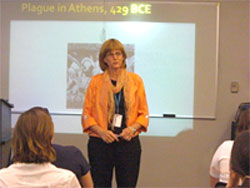
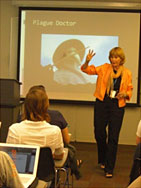
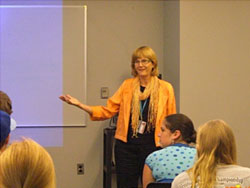
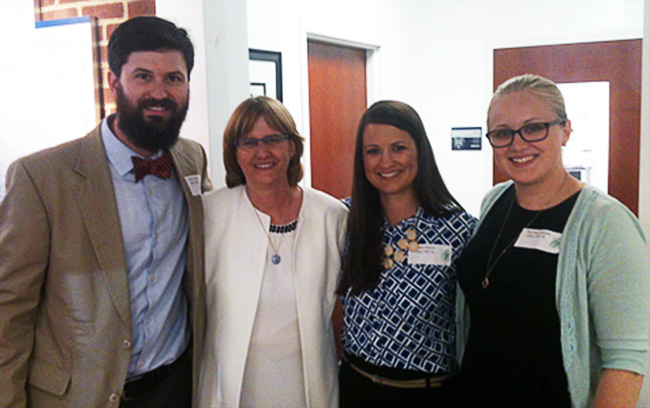
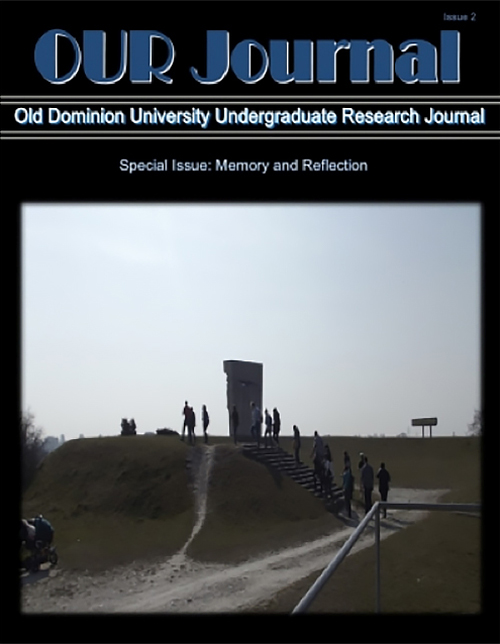
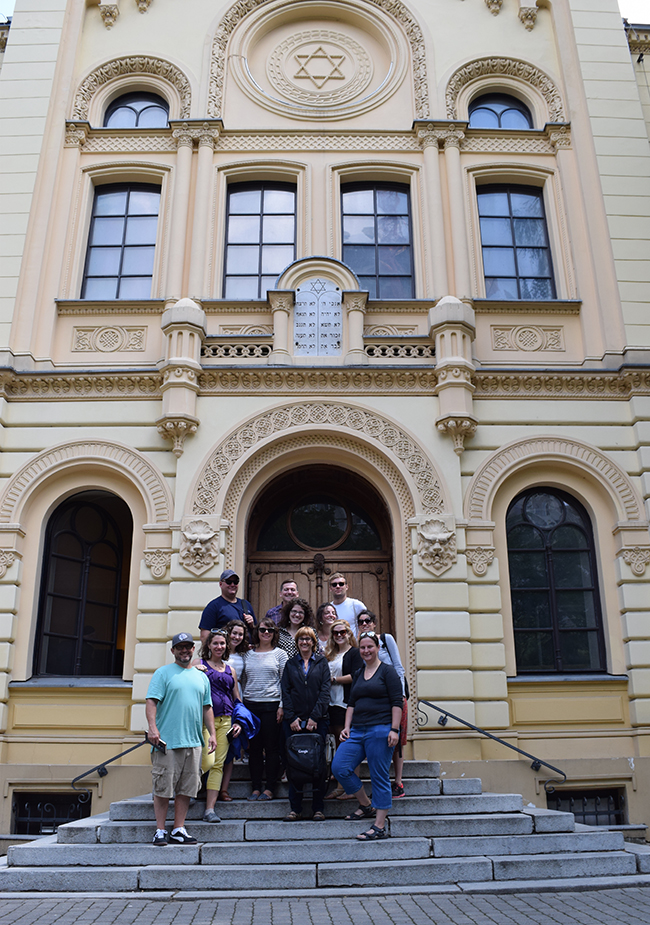 Auschwitz Jewish Center Fellows in Warsaw
Auschwitz Jewish Center Fellows in Warsaw


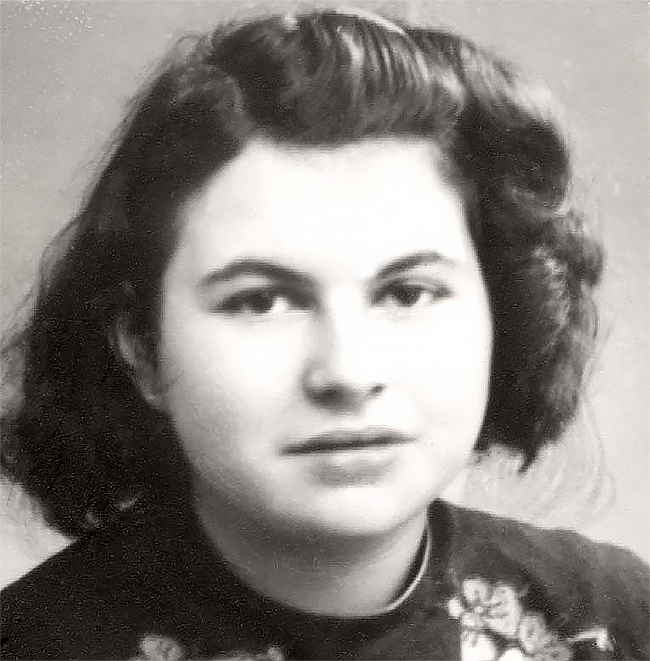 Esther Fersztenfeld, (1926-1942)
Esther Fersztenfeld, (1926-1942)
